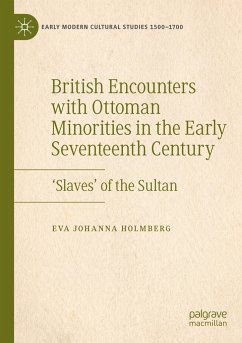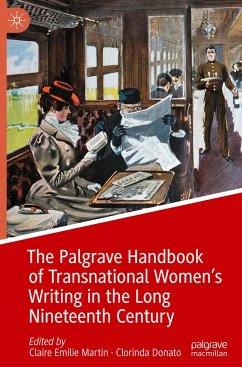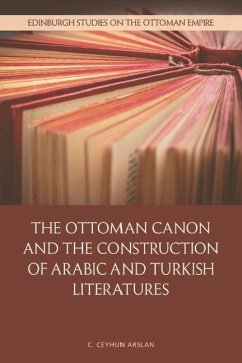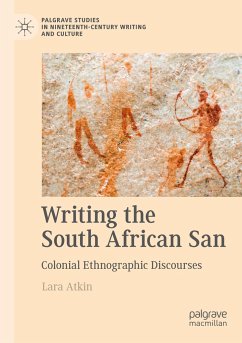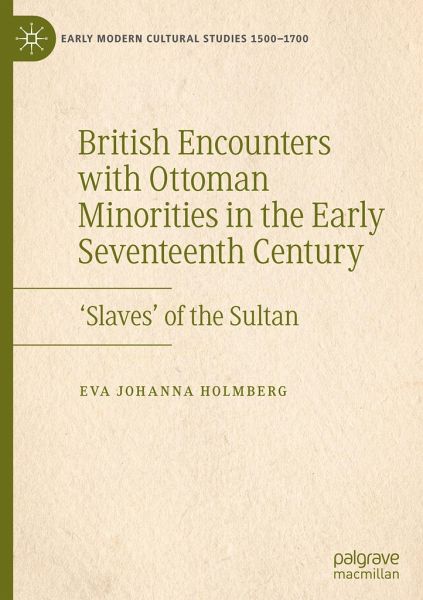
British Encounters with Ottoman Minorities in the Early Seventeenth Century
'Slaves' of the Sultan
Versandkostenfrei!
Versandfertig in 6-10 Tagen
106,99 €
inkl. MwSt.
Weitere Ausgaben:

PAYBACK Punkte
0 °P sammeln!
British travellers regarded all inhabitants of the seventeenth-century Ottoman empire as 'slaves of the sultan', yet they also made fine distinctions between them. This book provides the first historical account of how British travellers understood the non-Muslim peoples they encountered in Ottoman lands, and of how they perceived and described them in the mediating shadow of the Turks. In doing so it changes our perceptions of the European encounter with the Ottomans by exploring the complex identities of the subjects of the Ottoman empire in the English imagination, de-centering the image of...
British travellers regarded all inhabitants of the seventeenth-century Ottoman empire as 'slaves of the sultan', yet they also made fine distinctions between them. This book provides the first historical account of how British travellers understood the non-Muslim peoples they encountered in Ottoman lands, and of how they perceived and described them in the mediating shadow of the Turks. In doing so it changes our perceptions of the European encounter with the Ottomans by exploring the complex identities of the subjects of the Ottoman empire in the English imagination, de-centering the image of the 'Terrible Turk' and Islam.





